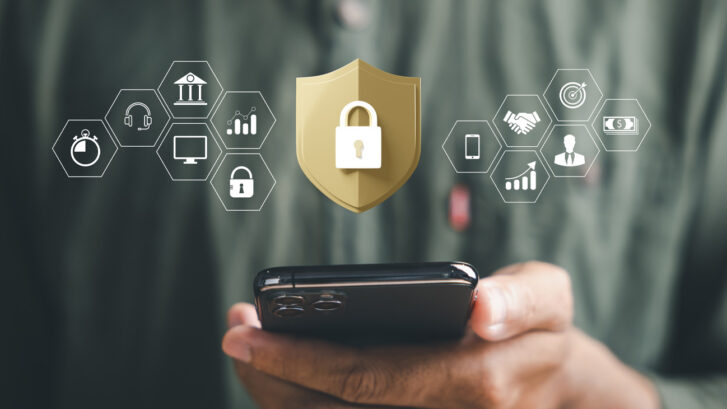Online Data Privacy: Understanding and Protecting Your Digital Footprint
In today’s digital age, online data privacy has become a paramount concern for individuals around the globe. With the increasing amount of personal information being shared online, from social media posts to financial transactions, it’s crucial that users understand how to protect their digital footprint effectively. This comprehensive guide will delve into the essential practices for safeguarding your personal information and ensuring your privacy is maintained across various online platforms.
The Fundamentals of Online Data Privacy
Online data privacy refers to the rights and practices concerning the protection of personal data on the internet. It involves the control over the collection, usage, and sharing of personal information through digital channels. Key aspects include understanding privacy settings on social platforms, recognizing phishing attacks, and the secure management of passwords.
Enhancing Your Privacy Settings
One of the most straightforward methods to boost your online privacy is by optimizing the privacy settings offered by social media platforms and other online services. Regularly check and adjust these settings to minimize the amount of personal data that is publicly accessible or shared with third parties. This proactive approach plays a critical role in reducing your vulnerability to data breaches and identity theft.
The Importance of Strong, Unique Passwords
Using strong, unique passwords for different online accounts is essential. Avoid common words and simple patterns. Instead, opt for passwords that combine letters, numbers, and symbols. Consider using a reputable password manager to keep track of your various passwords while ensuring their security.
Recognizing and Avoiding Phishing Attacks
Phishing attacks are a prevalent threat where scammers attempt to obtain sensitive information through deceptive emails and websites. Always verify the authenticity of messages and emails before clicking on links or providing personal information. Look for signs of legitimacy such as correct spelling, proper grammar, and verified sender addresses.
Using Secure Networks
Ensure that any network you connect to for internet access is secure, especially when handling sensitive information. Public Wi-Fi networks can be hotspots for cybercriminals looking to intercept data. Use a virtual private network (VPN) to encrypt your internet connection and shield your browsing activities from unauthorized access.
Regular Monitoring of Your Digital Footprint
Regularly review your online presence. This includes checking your social media posts, reviewing the permissions you’ve granted to apps and services, and monitoring credit reports and financial statements for any unusual activity. This vigilant approach allows you to react swiftly if your privacy is compromised.
Understanding Data Collection Practices
Be aware of how companies collect and use your data. Read privacy policies and understand what you’re consenting to when you use a new app or service. Being informed will help you make better decisions about who you trust with your personal information.
Phone Number Privacy and Protection
Your phone number is an integral part of your personal identity and thus requires stringent protection. It can be used to gain access to your personal accounts or to impersonate you. To enhance the privacy and security of your phone number:
- Limit who you share it with online.
- Use call-blocking apps to prevent unwanted access.
- Consider a secondary number for online forms and services.
YouMail Privacy Scan
For individuals looking to take their phone number privacy a step further, the YouMail Privacy Scan offers a robust solution. This tool helps to identify where your personal information is vulnerable to scams and identity theft. It is a fast and free service that most users can complete in about 60 seconds. Moreover, after the scan, YouMail allows you to automatically remove your information from sites where it might be exposed. For more details and to utilize this tool, visit YouMail Privacy Scan.
Conclusion
Protecting your online data privacy is an ongoing process that requires diligence and awareness. By employing these strategies, you can significantly enhance the security of your personal information and minimize the risks associated with digital activities. Remember, your digital footprint is as precious as your real-life presence and should be guarded with equal seriousness.





